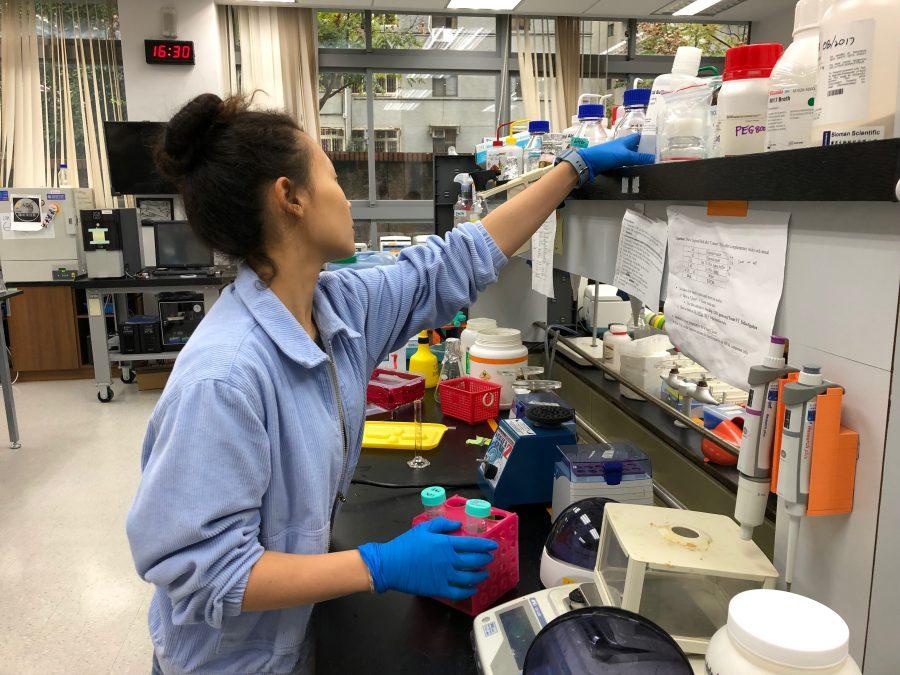Gene editing is packaged neatly with a vision of a utopian future. Imagine a world where all disease is cured, when we have the potential to live forever without the hindrance of age, and where we can live out our lives without fear of ill-health ever again. This vision of the future might sound appealing, but it is likely unrealistic and misleading considering the current state of gene editing.
Gene editing is a relatively new technology. For instance, CRISPR editing, a type of gene editing technology, was only harnessed for genetic editing in 2013. CRISPR editing and other gene editing technology has some unanswered ethical questions about its use and, more importantly, some dangerous side-effects which should make us hesitant of using it.
The ethics of gene editing is questionable at best. Once gene editing is made widely-accessible, it is entirely plausible to suggest that gene editing could be employed for eugenic or discriminatory purposes. Creating an “improved” human species has long been the dream of eugenicists.
Although the threat of eugenics might seem far off, with the emergence of gene editing, that potential is still very much present. The societal applications of gene editing “jeopardize the inherent and therefore equal dignity of all human beings and renew eugenics,” a recent UNESCO panel of experts on gene editing said. Being able to determine a child’s characteristics before birth may lead to the prioritization of certain traits over others. In a system where parents have so much power, their potentially racist or ableist tendencies could spill over to affect the way they “construct” their children.
Especially in countries with a history of ethnic cleansing like Rwanda and in countries with extreme anti-LGBTQ+ laws like Saudi Arabia, the ability for the government to wield gene editing in an unethical way should not be underestimated.
Besides, we still do not know what gene editing will look like, what policies and regulations could be passed for gene editing, or when gene editing will become available. All these unanswered questions make it fundamentally unethical for us to approve gene editing especially since we know so little about it.
Gene editing also has dangerous side-effects and mutations. According to the National Human Genome Institute in a 2017 article, the possibility of off-target genetic effects where edits happen in the wrong place or mosaicism, when some cells carry the edit but others do not, is a huge safety concern.These effects are extremely dangerous because these mutations can be passed down to offspring.
Gene editing might seem like a generation-defining solution for disease and unhealthiness but we should think twice before we use it. The ethical and practical implications are still under-tested, and it would be premature for us to rush into it.


![The snack bar serves different lunch
boxes everyday. [AIDEN SHEN/THE BLUE & GOLD]](https://blueandgoldonline.org/wp-content/uploads/2023/12/Price-849x1200.jpeg)
![The live-action remake of Snow White from Disney is projected to release in March of 2024. [LOGO COURTESY OF THE WALT DISNEY COMPANY/WALT DISNEY].](https://blueandgoldonline.org/wp-content/uploads/2023/11/unnamed-1200x848.png)



